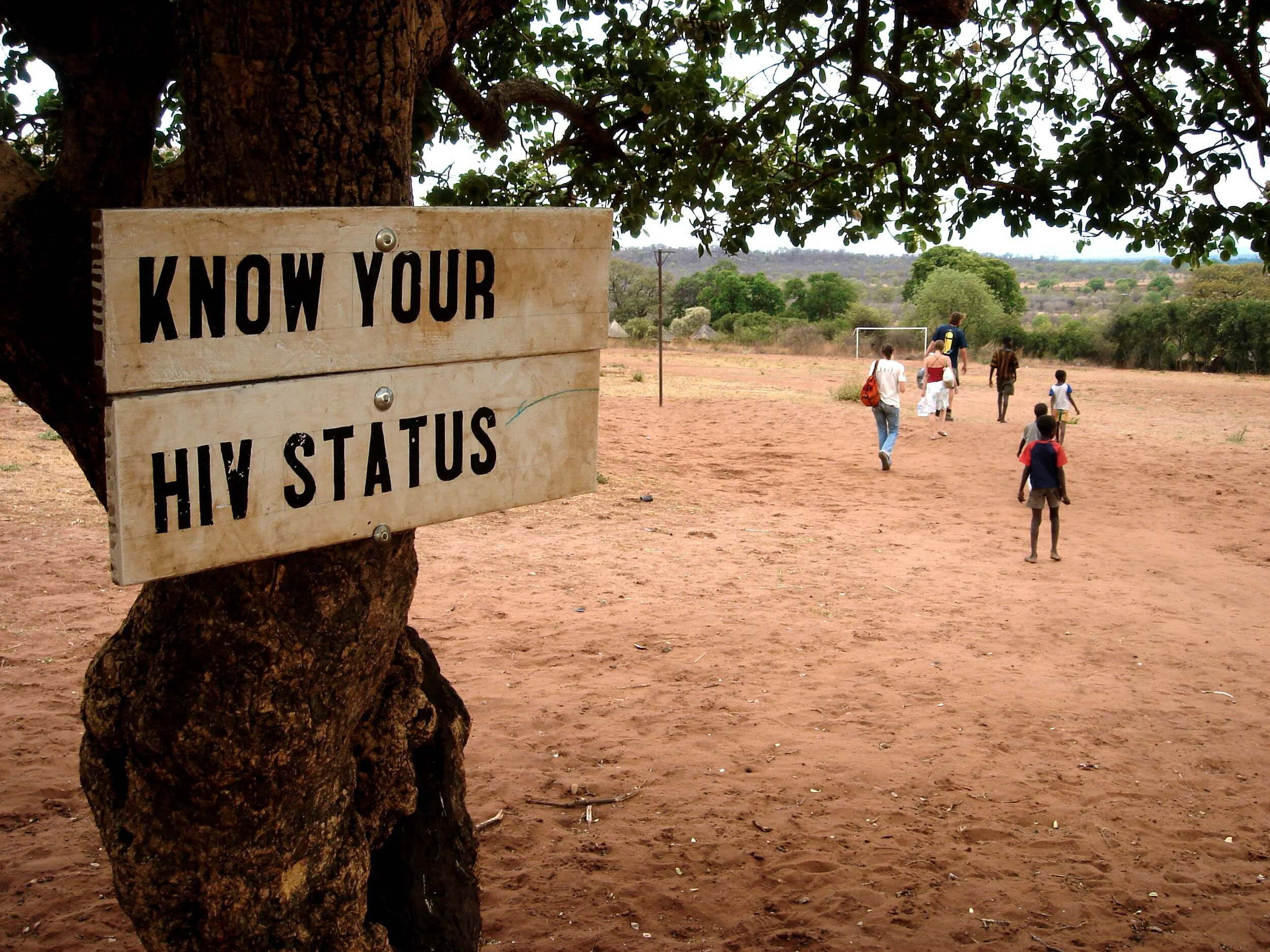By Thomas Graham
The future of the Russian-led effort to consolidate the BRICS (the BRICs plus South Africa) as an influential multilateral organization is less certain because of inherent contradictions in the members’ ambitions, prospects, and security challenges. The United States engages Russia for strategic, not economic reasons.
Read More













